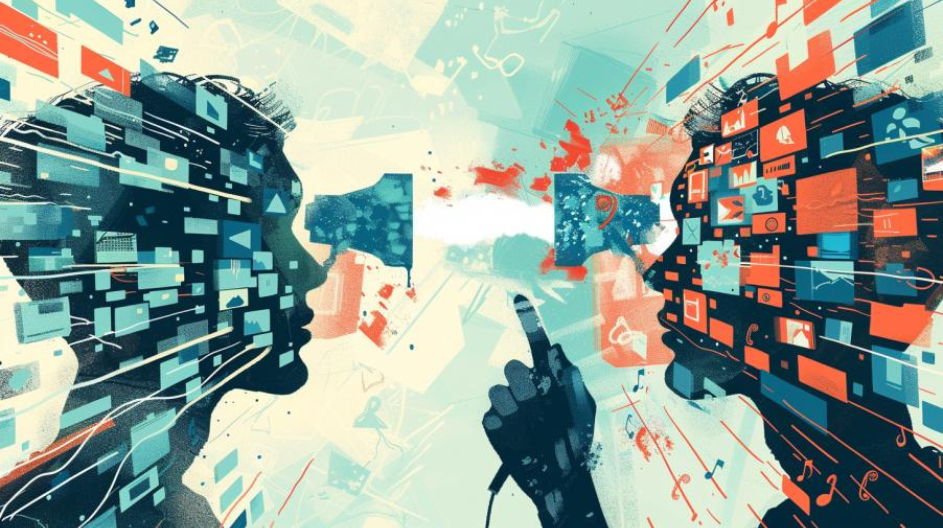A new study shows that generative artificial intelligence is already changing the working conditions of photojournalists, but it also raises ethical and professional challenges, particularly related to misinformation and copyright.
Generative artificial intelligence (AI) is changing the world of images
A new study shows that generative artificial intelligence is already changing the working conditions of photojournalists, but it also raises ethical and professional challenges, particularly related to misinformation and copyright.
Australian and US researchers investigated how photo editors in seven countries value and use generative AI. Research participants emphasised that generative AI is an ethically problematic, risky and worrisome technology. Many photo editors argue that image generation is undesirable in news reports and cannot replace the work of photojournalists. The editors say they can publish fake photos only in reports about artificial intelligence. The biggest concern for photo editors is that AI can turn into a tool for spreading disinformation: neither the audience nor media organisations have enough knowledge and tools to distinguish between real and artificially generated images. Respondents are extremely pessimistic about the general audience’s ability to notice these differences. Some participants also worried that audiences could be misled even when images are clearly labeled as AI-generated. Two-thirds of the editors surveyed note that their employees and colleagues are worried that AI may “take away” their jobs. Another challenge mentioned is copyright and unfairly used works of artists and industry professionals. Generative AI programs use information and images on the Internet, but their authors do not receive compensation. According to photo editors, AI can be useful to generate illustrations and ideas.


